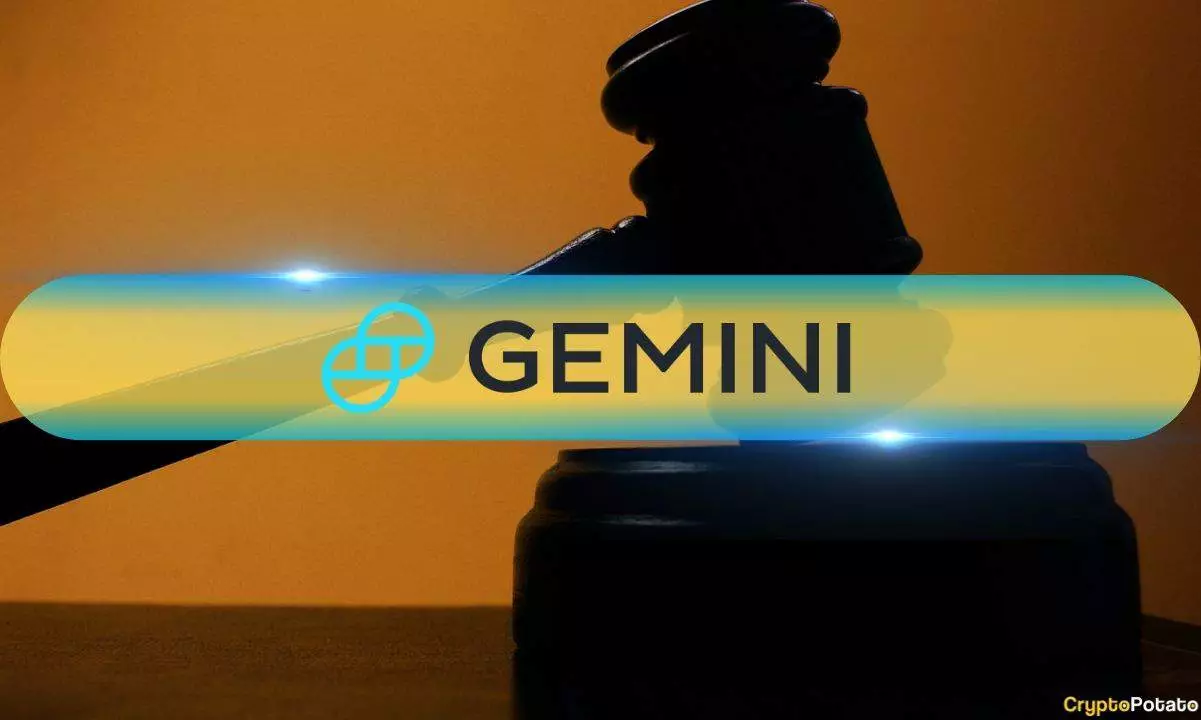The recent announcement by Cameron Winklevoss, co-founder of the cryptocurrency exchange Gemini, regarding the conclusion of the US Securities and Exchange Commission’s (SEC) investigation into his company is a significant development in the world of digital finance. The SEC decided to cease its enforcement actions after nearly two years of scrutiny, a move Winklevoss perceived as a pivotal moment in what he described as the conclusion of a “war on crypto.” This statement, however, raises several questions about the long-lasting implications for the cryptocurrency landscape and the regulators that govern it.
Impacts on the Crypto Industry
Winklevoss’s assertion that the SEC’s closure of its investigation is a positive milestone should be explored more critically. While it’s true that the end of such probes can alleviate some immediate pressures faced by exchanges like Gemini, the damage inflicted over these years is not easily dismissed. For instance, Winklevoss has pointed out that Gemini incurred substantial legal expenses, amounting to tens of millions of dollars, and experienced profound setbacks in productivity and innovation that translated to hundreds of millions in losses. This situation highlights the disproportionate impact that regulatory actions can have on innovators within the crypto space.
Moreover, Winklevoss argues that the SEC’s broader regulatory framework has imposed a stifling effect on the industry, hindering engineers and entrepreneurs from realizing their potential. The lack of clarity in regulations has created an environment of uncertainty, steering talent away from crypto solutions toward more secure ventures. This raises critical concerns about how regulatory bodies can develop frameworks that protect investors while simultaneously fostering an innovative environment.
A Call for Regulatory Reform
In direct response to his frustrations, Winklevoss has proposed a series of radical reforms aimed at enhancing accountability within regulatory agencies. His suggestion for a reimbursement policy that mandates agencies to cover triple the legal costs can be interpreted as a necessary foundation for equitable treatment of businesses facing the daunting prospect of defense against regulatory actions. This notion invokes the importance of a balanced relationship between regulators and the entities they oversee; when under-informed or unjustified actions can result in crippling costs for companies, the risk of discouraging innovation grows substantially.
Winklevoss’s advocacy for the termination of SEC officials who conduct unjustified investigations is another critical aspect of his call for reform. The idea that individuals should be held accountable for pursuing actions they do not genuinely support speaks to a profound inconsistency within government regulatory frameworks. Such a measure may not only reinforce personal accountability but also restore public trust in federal agencies tasked with overseeing sectors that foster significant economic growth.
As Winklevoss calls for changes that could redefine the regulatory landscape surrounding cryptocurrencies, the outcomes of such proposed reforms remain to be seen. The dialogue surrounding accountability and transparency is increasingly essential in an era of rapid technological advancements and a burgeoning financial ecosystem. Will the SEC respond positively to these calls for change, or will cryptocurrencies continue to navigate a landscape riddled with ambiguity? The coming months may hold the answers as the industry seeks a constructive path forward amidst increasing scrutiny.

